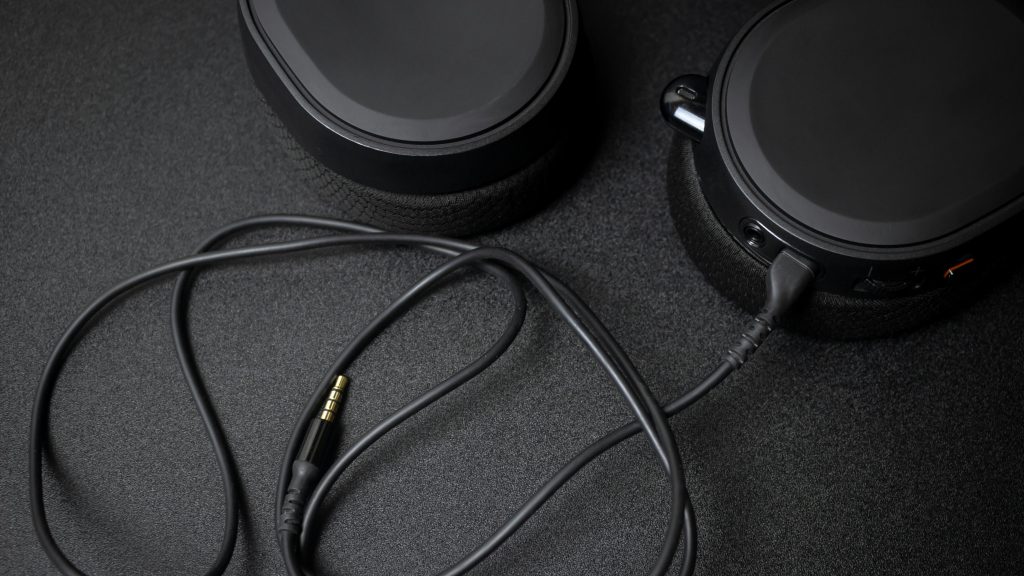If you’re a homeowner, chances are your home has grown in value. Plus, you’ve been paying down your mortgage, which means you’ve been building valuable equity. You may be able to tap into this equity through a home equity loan, cash-out refinance or HELOC and use it to fund home improvements, consolidate debt or cover a major expense.
Accessing your home equity can be a smart financial move when it’s used for the right reasons. Ready to explore how it could benefit you? It’s important to understand how equity works, how to make the most of it and your options for putting it to work. Let’s break it down.
What Is Home Equity?
Home equity is the portion of your home you truly “own.” It’s calculated by subtracting your remaining mortgage balance from your home’s current market value. You build equity over time by paying down your loan and (ideally) through rising property values.
According to Federal Reserve data, homeowners collectively hold over $34.5 trillion in equity as of Q1 2025 from residential real estate. That means many homeowners are sitting on a valuable financial asset, often without even realizing it.
Your Home Equity Is a Powerful Resource
While your home is a long-term investment, your equity is the part you can actively put to use without selling. Once you’ve built up enough—most lenders look for at least 15% to 20% equity in your home—you can borrow against it to fund important goals, from home improvements to education costs to debt consolidation.
Plus, you may be able to deduct the interest on a home equity loan or HELOC if you use the money to buy, build or make major improvements to your main or second home. Always check with your tax advisor to understand the current rules and how they apply to you.
Best Uses of Equity
Used strategically, home equity can strengthen your financial foundation or help you reach life milestones.
Value-Boosting Home Improvements
Tapping into your equity to improve your home is one of the most popular and practical uses. Projects like kitchen remodels, bathroom updates or energy-efficient upgrades may increase your home’s market value while improving your everyday living space.
Pay Off High‑Interest Debt
U.S. consumers had approximately $1.2 trillion in credit card debt in the second quarter of 2025. If you’re carrying high-interest debt, especially from credit cards, home equity could help you get ahead. A home equity loan typically offers a lower rate and a fixed repayment term, making it easier to manage monthly payments and reduce total interest over time.
This debt repayment plan lets you consolidate multiple balances into one manageable loan, helping you save and simplify your finances.
Fund Major Expenses
Need to pay for a child’s tuition? Thinking about launching a business? Want to build an emergency fund for peace of mind? Home equity can help cover major life costs, often with more favorable terms than personal loans or credit cards.
What to Avoid
Avoid using equity for fleeting wants or items that lose value quickly, like luxury vacations or cars. Since your home serves as collateral, it’s important to borrow responsibly and focus on long-term benefits, not short-term splurges.
Think of equity as a financial resource, not an unexpected windfall. Whether you’re funding home improvements, education or simplifying your finances, using it with a clear plan and realistic budget helps you stay in control.
How to Access Your Home Equity
There are a few common ways to turn your equity into usable funds. Each option has different advantages depending on your needs and how you want to manage repayment.
Home Equity Loan
A home equity loan gives you a lump sum upfront with a fixed interest rate and repayment schedule. It’s often used for one-time expenses where you know the total cost, such as a complete kitchen remodel or debt consolidation. To qualify, lenders typically review standard home equity loan requirements like your credit score, income, debt-to-income ratio and how much equity you’ll retain after the loan closes.
- Best For: Predictable, significant expenses
- Pros: Fixed monthly payments, stable interest rate
- Cons: Reduces equity immediately, closing costs apply
Cash‑Out Refinance
A cash-out refinance replaces your current mortgage with a new, larger loan and gives you the difference in cash. You continue with one mortgage, but your balance increases to reflect the amount you borrowed.
- Best For: Homeowners looking to refinance their mortgage and access equity at the same time
- Pros: May lower your interest rate on your entire mortgage, provides lump-sum cash
- Cons: Longer loan term or higher total interest over time, closing costs apply, not ideal if current rates are higher than your original mortgage
HELOC (Home Equity Line of Credit)
A HELOC functions like a credit card secured by your home. You’re approved for a line of credit and can borrow from it as needed, typically during a draw period followed by a repayment period.
- Best For: Ongoing or unpredictable expenses like phased home renovations or tuition
Pros: Flexible borrowing, interest paid only on what you use
- Cons: Variable interest rates can increase payments, borrowing discipline is required and payments may rise during the repayment period
What to Consider Before Accessing Your Home Equity
Borrowing against your home can open doors, but there are a few things to consider before signing on the dotted line:
- You’re taking on more debt. Borrowing equity increases your overall mortgage balance, which means higher monthly payments.
- Home values can shift. If the market dips, your available equity could shrink, leaving you with less cushion than anticipated.
- Risks for nonpayment. Missed home equity loan or HELOC payments can lead to serious consequences, including foreclosure.
- Rates aren’t always stable. HELOCs often come with variable interest rates, so your payment could rise over time. That also affects future refinancing if rates go up.
Picking the Perfect Home Equity Product Fit
You may be surprised to find out how much home equity you have and the loan amount you could qualify for. But it’s still important to borrow with purpose and choose an option that aligns with your goals and budget. Here’s how to size up your choices and feel confident in your next move:
Check Your Budget Comfort Zone
Can your monthly budget handle the payment—especially if you’re considering a HELOC, which usually comes with a variable rate?
Compare the Details
From loan types to interest rates to repayment terms, weigh what each option brings to the table. One might suit a short-term project, another a long-term goal.
Talk to a Pro
A trusted lender can help you crunch the numbers, decipher the fine print and guide you toward a solution that fits your needs and timeline.
Home Equity Opens Up Possibilities
Your home is where you live and build memories. It’s also one of your most valuable financial assets. In today’s market, many homeowners have more equity than they think. With a clear understanding of how that equity works and how to access it, you can use your home to help support the goals that matter most.




















